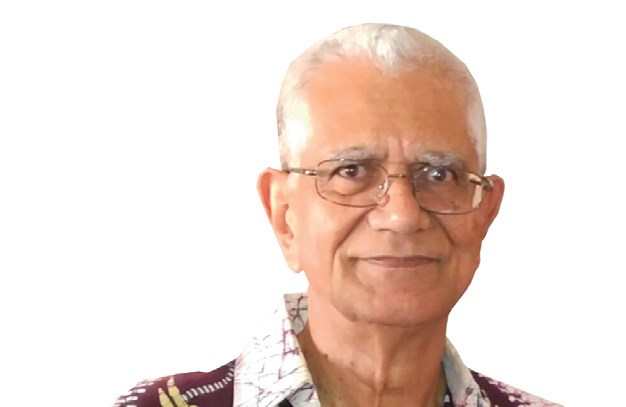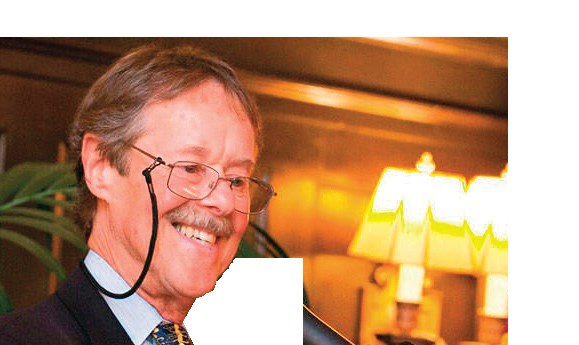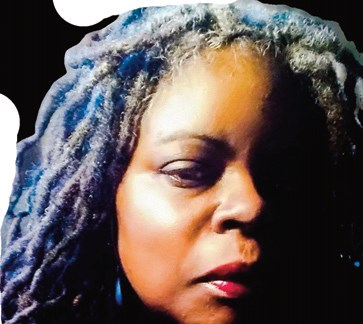After a warning and about an hour to evacuate the premises, Israeli forces repeatedly bombed the building that held the offices of the Associated Press and Al Jazeera on the Gaza Strip Saturday. Journalists were able to remove equipment and other personal items from the building before the bombing began. Requests for extending the time to evacuate were denied by the Israeli military. The 15-story building housed other news outlets, internet providers, and private residences for journalists. “Whenever you see journalists doing live updates from Gaza,” Al Jazeera news reporter Halla Mohieddeen explained, “they are usually standing on the roof of that building that has now been flattened in an airstrike by the Israeli military.”
The Israeli military bombed the media building six consecutive times before it crumbled into a pile of rubble. When asked why the offices of the Associated Press and Al Jazeera were targeted, Israeli military officials alleged that Hamas used the building to house its’ military assets. When questioned to provide proof of those allegations, the Israel Defense Forces stated that “Hamas deliberately places military targets at the heart of densely populated civilian areas in the Gaza Strip.” But no evidence was provided to back up that claim. Israeli Prime Minister Benjamin Netanyahu offered the claim that the place that held local and international media for years “was not an innocent building” yet was not forthcoming on why that assertion was made.
The Israeli military has insisted that Hamas uses journalists as “human shields” and many believe that this is just an excuse to target airstrikes on residential and commercial buildings. Associated Press President and CEO Gary Pruitt said in a statement released Saturday after the bombing that “we have had no indication Hamas was in the building or active in the building. This is something we actively check to the best of our ability. We would never knowingly put our journalists at risk.” The Associated Press has operated in the building for over 15 years and has provided detailed “24-hour live shots” from an aerial view of the current war and previous conflicts. The destruction of the building by Israeli forces will greatly affect the ability of journalists to report the happenings in the area and its political and cultural effects on the people living throughout the region. “The world will know less about what is happening in Gaza because of what happened today,” Pruitt said.
Acting director general of the Al Jazeera Media Network, Dr. Mostefa Souag, told the press Saturday, “We call on the international community to condemn such barbaric actions and targeting of journalists and we demand an immediate international action to hold Israel accountable for its deliberate targeting of journalists and the media institutions.” Souag added that the deliberate bombing of the building that held media offices was nothing short of a “heinous crime is to silence the media and to hide the untold carnage and suffering of the people of Gaza.” Israel maintains that there is evidence that Hamas intelligence was working inside the media offices yet offers no proof despite international pressure from the United States.
In Africa, where a conflict between the current ruling government in Ethiopia and the Tigray Peoples Liberation Front (TPLF) is currently entering its’ seventh deadly month, journalists are being blocked from reporting the news. In November, at the beginning of the conflict, Ethiopia arrested six journalists and shut down a television station under the pretense that these supported the opposition party, the TPLF. At the beginning of 2021, another series of arrests of journalists occurred. This has led to “widespread criticism” from Reporters Without Borders, the International Press Institute, and the Foreign Press Association, Africa. Reports of violence against women and children have circulated throughout the region. In March, freelance journalist Lucy Kassa was attacked by a group of men in her home. Kassa had recently reported on alleged gang rapes perpetrated by Eritrean military forces in Tigray. The article was published in the Los Angeles Times. Before this article was published, Eritrea officials denied involvement in the Ethiopian conflict with Tigray. Later Ethiopian Prime Minster Abiy Ahmed admitted that Eritrea had indeed sided with Ethiopia and joined them in the conflict against Tigray. Ahmed was quick to add that Ethiopia had not requested Eritrea’s military assistance.
Abi Ahmed became prime minister of Ethiopia in 2018 and shown great promise at the beginning of his ascension to political office by releasing numerous journalists who had been detained or imprisoned and allowing the 250 media outlets that were previously banned to operate, culminating in a 2019 Nobel Prize win. However, three years later, the erosion of press freedom is very evident in Ethiopia. Prime Minister Ahmed has authorized internet and phone shutdowns which has crippled journalists from “freely and fully” reporting on the conflict. “The scarcity of independent reporting coming out of Tigray during this conflict…is deeply alarming,” Muthoki Mumo, the Committee to Protect Journalists’ sub-Saharan Africa representative said in a press statement.
In both conflicts, journalists in Palestine and Ethiopia, are facing insurmountable odds informing the world on the events developing in their respective regions. They are challenged daily for reporting about the atrocities and carnage that war leaves in its wake. Journalists provide a face to the true victims of war. Journalists create the lens by which truth can be examined and inspected and verified. The Foreign Press International, Africa noted that the suppression and arrests of journalists is an “unwarranted and an open act of intimidation and coercion designed to impose self-censorship and prevent journalists.” The obstruction of the freedom of the press by any entity is to suppress the access of knowledge to the people for which journalists are beholden to inform.













No Comment